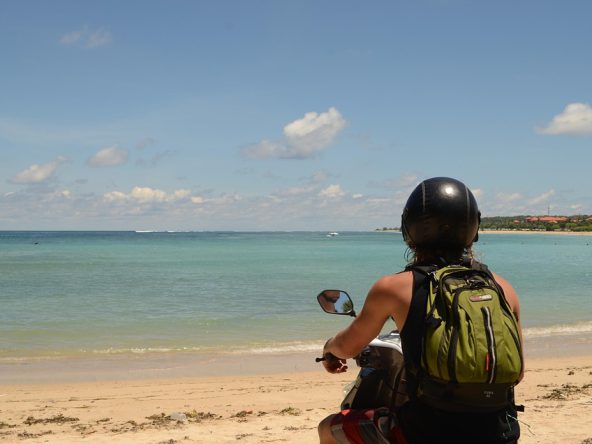For many Australians, the dream of owning a villa in Bali is becoming a reality. The island offers a unique combination of beautiful landscapes, rich culture, and affordable luxury living, making it a perfect spot for both holiday homes and investment properties. However, purchasing property in Bali is quite different from buying in Australia, particularly due to Indonesia’s strict foreign ownership laws.
Understanding Ownership Laws in Bali
Unlike in Australia, foreign ownership of freehold land in Indonesia is restricted. This means that Australians cannot directly own land under freehold title. Instead, property purchases are usually made under leasehold agreements. A leasehold allows foreigners to lease the land for a specified period, typically ranging from 25 to 99 years. Leasehold agreements are renewable, but the terms must be clearly defined in the contract.
It’s also possible to structure property ownership using an Indonesian entity or a nominee system, but these arrangements come with risks and legal complexities. For most Australians, the safest and most transparent option is a leasehold.
Researching the Property Market
Before diving into the Bali property market, it’s important to understand the different regions and their unique offerings. Seminyak is known for its luxurious lifestyle and beachside villas, while Canggu is a hotspot for surfers and digital nomads. Ubud offers a more tranquil and cultural experience, making it ideal for those seeking peace away from the bustling tourist centres.
Exploring the market through trusted real estate agents or property managers is key. Online portals such as www.balirealestate.com.au can also provide valuable listings. However, it’s critical to visit properties in person and meet with local experts who can provide insights into property conditions, legal matters, and the surrounding community.
Due Diligence: Securing Your Investment
When buying a villa in Bali, performing thorough due diligence is essential. Hire a local notary who can verify the property’s legal standing, ownership, and title. The notary ensures that the seller has the legal right to sell the property and that all documents are in order. Additionally, you should check the lease terms, especially if you plan to extend the lease at the end of the agreed period.
Avoid the temptation to cut corners on legal representation. Investing in solid legal advice can save you from future complications.
Finalising the Purchase
Once you’ve settled on a property and completed due diligence, it’s time to formalise the purchase. This includes signing the lease agreement and registering the lease with the Indonesian land office (BPN). Registration is critical as it protects your interests if the property owner decides to sell or transfer the property during the lease term.
Buying a villa in Bali is a fantastic opportunity for Australians, but it requires a deep understanding of local laws and regulations. By working with experienced professionals and conducting thorough research, you can secure a safe and profitable investment in Bali’s growing property market.
Interested in Bali Real Estate?
Send us an email to find out more, hello@balirealestate.com.au.
Australia’s #1 Destination for Bali Real Estate
Dreaming of owning your slice of paradise in Bali? Explore hundreds of stunning properties for sale across Bali’s most sought-after locations, from luxurious beachfront villas to serene jungle retreats. With options for every budget and lifestyle, finding your perfect Bali investment has never been easier.
Whether you’re searching for a holiday home, investment property, or permanent residence, our platform connects you with the best opportunities in Bali real estate.
Start your journey today — browse the latest listings here on balirealestate.com.au!




